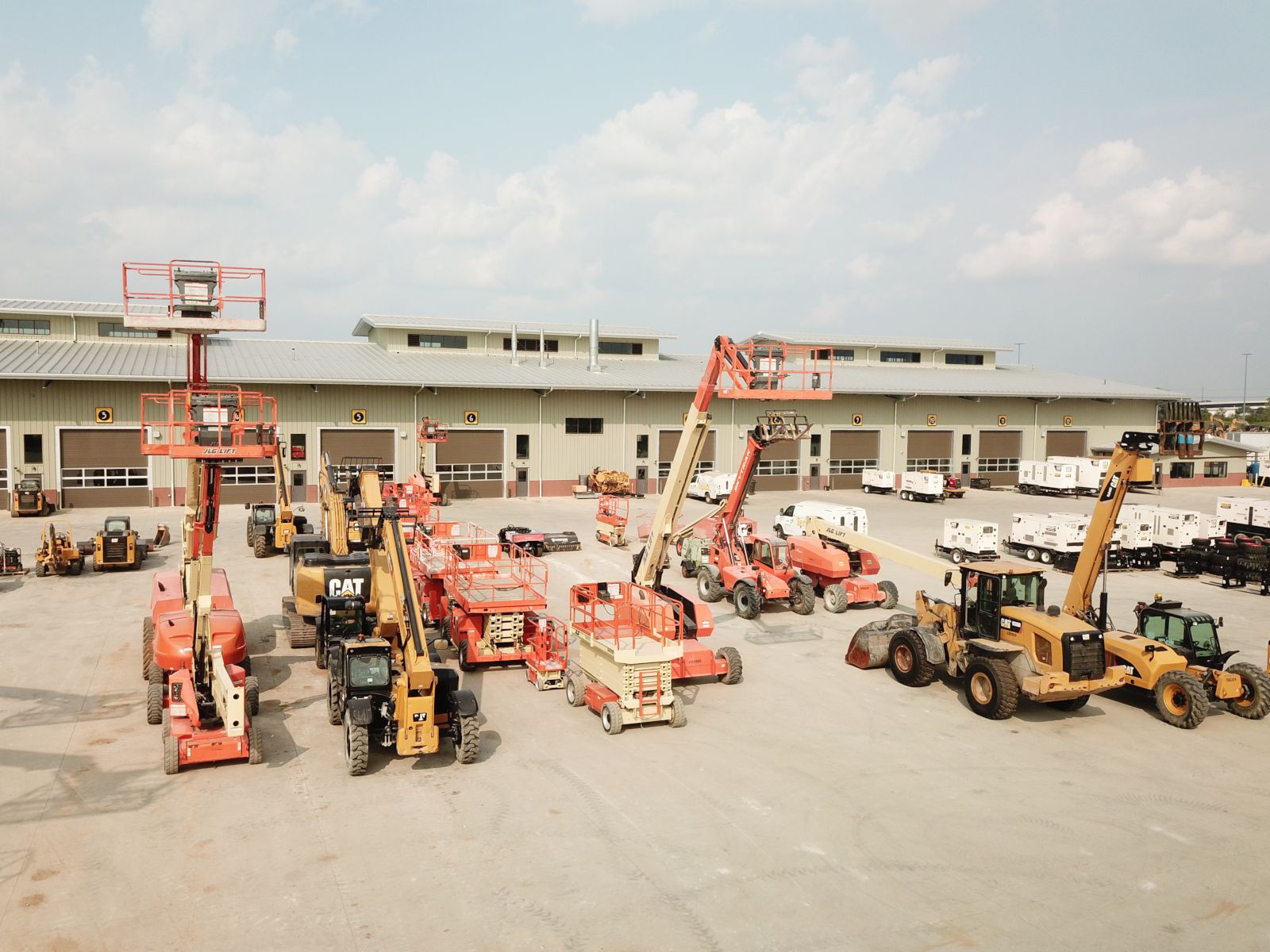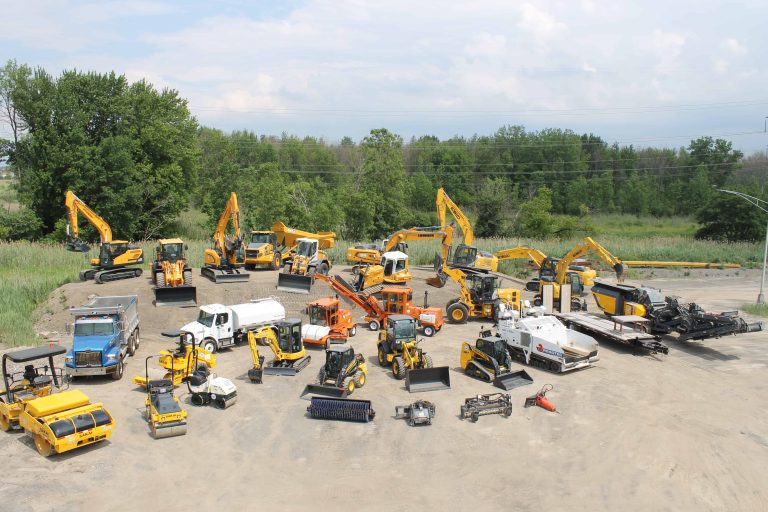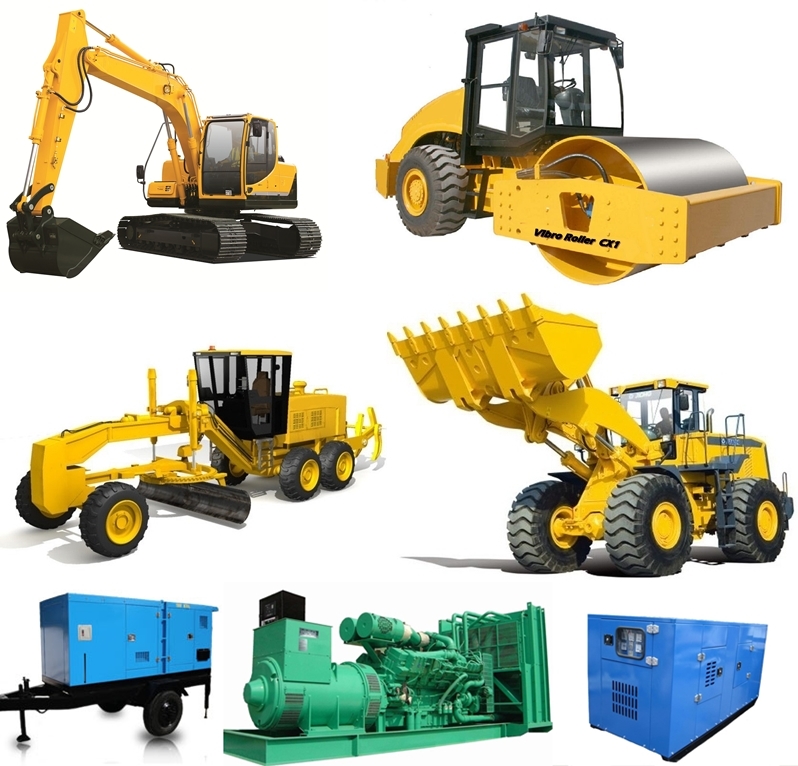Optimize Your Budget by Recognizing the Prices Connected With Construction Tools Leasings
Understanding the complete range of costs linked with building equipment services is vital for maximizing your budget plan. While the initial rental cost may appear simple, numerous extra expenses-- such as transport, fuel additional charges, and maintenance-- can promptly build up, influencing your monetary preparation. Additionally, knowing numerous charges and the details of rental agreements can aid avoid unforeseen financial problems. What methods can be employed to properly handle these costs and make certain a much more efficient rental experience?
Summary of Rental Expenses
When thinking about building devices services, recognizing the linked costs is critical for effective budgeting and project preparation. Rental expenses can vary significantly based on numerous elements, consisting of equipment type, period of rental, and place. The first rental fee commonly reflects the devices's market need and its associated operational abilities, affecting the overall cost.
In enhancement to the base rental rate, supplementary costs may emerge, such as transportation charges, gas additional charges, and maintenance fees. It is crucial to represent these added expenses to precisely analyze the total expense of renting devices. In addition, the rental period can affect prices; longer services may get approved for affordable rates, while temporary services might sustain greater everyday charges.

Malfunction of Rental Rates
A detailed understanding of rental rates is vital for professionals and project managers intending to enhance their budget plans. Rental rates for construction tools normally contain several components, including base rates, time-based costs, and use fees.
Base prices are the core fees connected with the rental of the tools, commonly identified by the type and dimension of the machinery. These prices can vary significantly, affected by elements such as devices demand, availability, and local market patterns. Time-based costs, which might be daily, weekly, or monthly, serve to suit different task timelines and rental durations.
Additionally, rental prices may consist of usage charges, which are appropriate when equipment is used beyond a defined threshold, making sure that the rental company can make up wear and tear. Seasonal need fluctuations can additionally affect rental prices, with peak construction seasons typically regulating greater costs.
In addition, comprehending the rental firm's policies relating to maintenance and insurance coverage can provide additional understanding into the general cost framework. By evaluating these parts, specialists can make enlightened decisions, making sure the selection of rental devices straightens with both project demands and spending plan restrictions.
Additional Fees to Think About
Comprehending the details of added fees is important for service providers to handle their total service expenditures successfully. Past the typical rental prices, numerous supplementary charges can considerably affect the overall expense of equipment service. These costs often include delivery and pickup costs, which can differ based upon distance and logistics associated with moving the tools to and from the work site.
Furthermore, some rental companies may impose fuel additional charges if the tools is returned with much less fuel than when rented. It is also necessary to be conscious of potential cleansing charges, particularly for specialized equipment that requires detailed upkeep after use.

Completely evaluating the rental arrangement and clearing up these additional costs in advance can help contractors ensure and stay clear of unanticipated expenses that budgets continue to be intact throughout the job lifecycle.
Maintenance and Repair Service Expenditures
Normal upkeep and repair costs are frequently forgotten variables that can substantially affect the general price of construction devices services. When leasing tools, it is important to take into consideration not only the rental charges yet also the prospective prices linked with keeping the machinery in ideal operating problem.
Many rental business consist of standard useful link maintenance as part of the rental contract; nevertheless, extra unexpected breakdowns or comprehensive repair services can lead to extra costs. It's vital to assess the rental contract carefully to comprehend what upkeep solutions are covered and what responsibilities fall on the renter.
Additionally, devices that is not well-kept can cause inadequacies on the work website, possibly creating hold-ups and increasing project expenses. To reduce these risks, it is a good idea to carry out routine evaluations and preserve open communication with the rental service provider regarding any issues that arise throughout usage.
Insurance Policy and Obligation Costs
Insurance and liability prices are important elements that can substantially influence the general expense of building and construction tools leasings (mini excavator rental). These expenses make certain that both the rental business and the customer are shielded from prospective financial losses developing from mishaps, damages, or theft throughout the rental period

Furthermore, customers must understand any kind of deductibles or exclusions in the insurance plan, as these can affect prospective out-of-pocket expenditures. Understanding the terms and problems of any insurance protection is essential to avoid unforeseen prices. Ultimately, budgeting for insurance coverage and responsibility expenses can help make sure a smoother rental experience and shield against financial dangers linked with construction projects.
Final Thought
To conclude, a comprehensive understanding of the costs connected with building tools services is essential for effective budget plan administration. By assessing rental prices, added costs, upkeep expenses, and insurance requirements, organizations and individuals can lessen unanticipated expenses. This critical strategy not continue reading this just boosts cost-effectiveness yet additionally makes certain that tasks proceed efficiently and effectively. Eventually, notified decision-making relating to equipment rentals contributes to the overall success of construction undertakings.
Rental costs can differ substantially based on a number of factors, consisting of equipment kind, period of leasing, Discover More and area (mini excavator rental). The rental period can impact rates; longer leasings might certify for discounted prices, while short-term services might sustain higher day-to-day charges
By performing complete research and involving with respectable rental companies, service providers can efficiently browse the complexities of rental prices, ultimately maximizing their economic resources.
Past the standard rental rates, numerous additional costs can significantly affect the complete cost of devices service. Rental companies typically supply responsibility insurance coverage that covers injuries to 3rd events or damage to building, while equipment damage insurance coverage can cover the price of repairs or replacement if the leased tools is harmed.